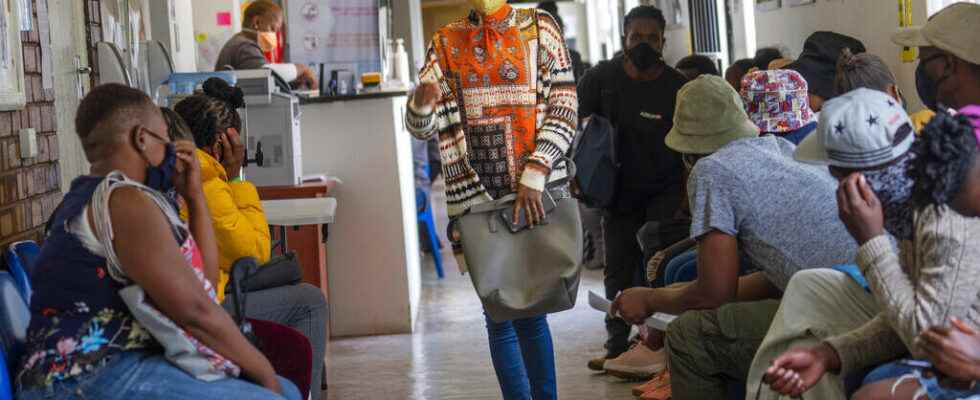The average life expectancy in Africa increased by 10 years between 2000 and 2019. From 46 to 56 years. An unprecedented progression, while the world average over the same period is 5 years longer. Figures published by the WHO during a conference it gave this Thursday, August 4 on health in Africa. His observation is clear: life expectancy is undermined by the fragility of the health system.
On the rise until 2019, the average life expectancy in Africa is just beginning to fall, according to the WHO. In question, the Covid-19 pandemic which has weakened an already very precarious health system.
” The continent’s health services have been more affected than those in other parts of the worldexplains Dr Lindiwe Makubalo, assistant to the WHO Regional Director for Africa. While African states are currently trying to rebuild the health system, it is important not to recreate it as it was before the pandemic, but to improve it. »
On the whole continent, only 7 countries finance more than 50% of the budget allocated to health. Botswana is one of these seven countries. But for his Minister of Health Moses Keetile, the problem should not only mobilize the public authorities.
“ We fund our system at 57%, but we want the private sector to participate as well. We need funding because there are also indirect costs: for example, in Botswana, the population is very scattered and they cannot always afford to pay the transport costs to get treatment. »
The progress observed over the past twenty years, in particular the coverage of health services on the continent which has increased from 24% in 2000 to 46%, is directly threatened.
